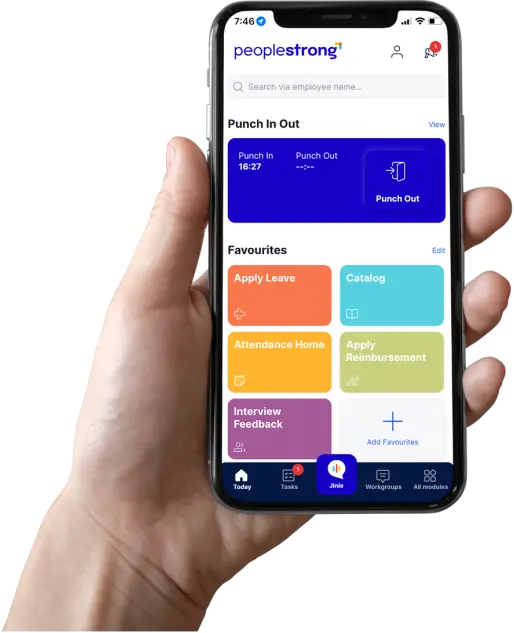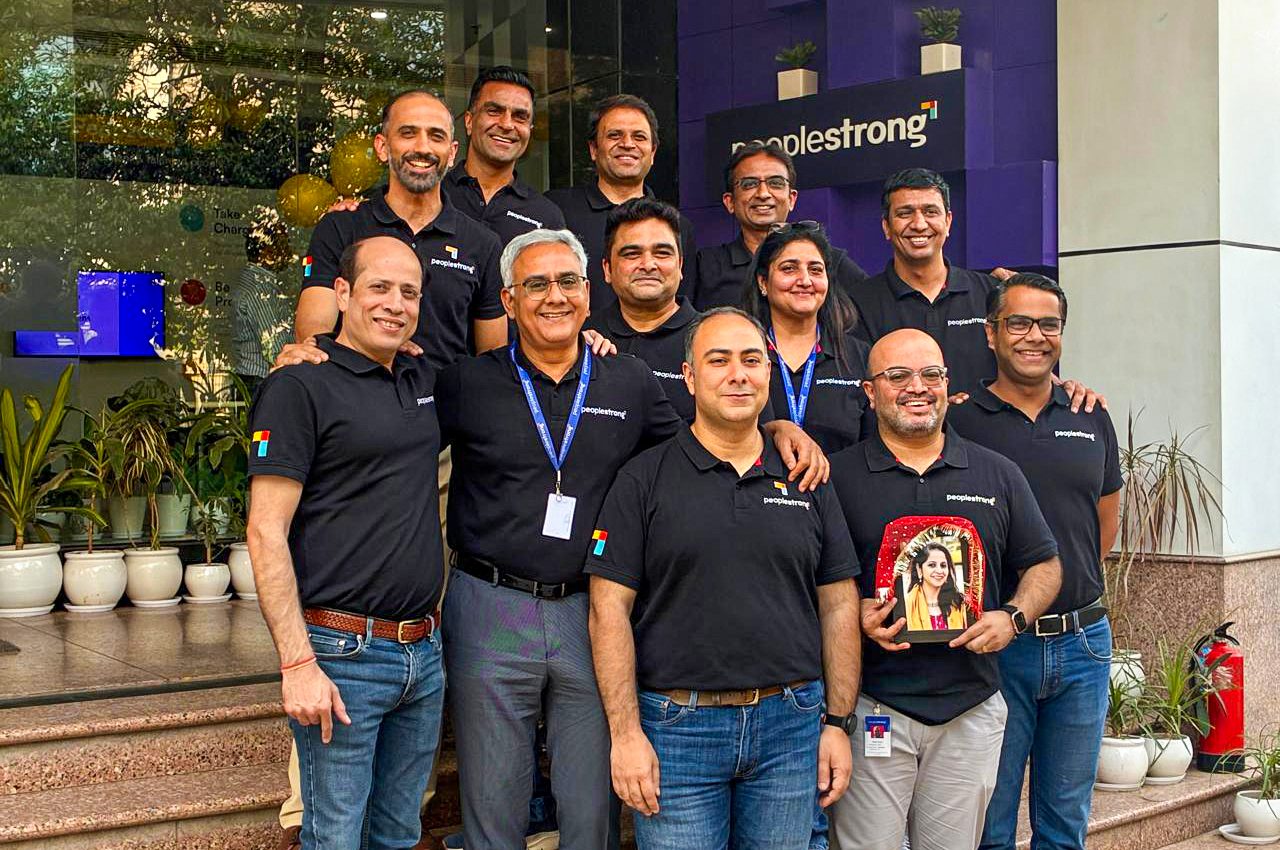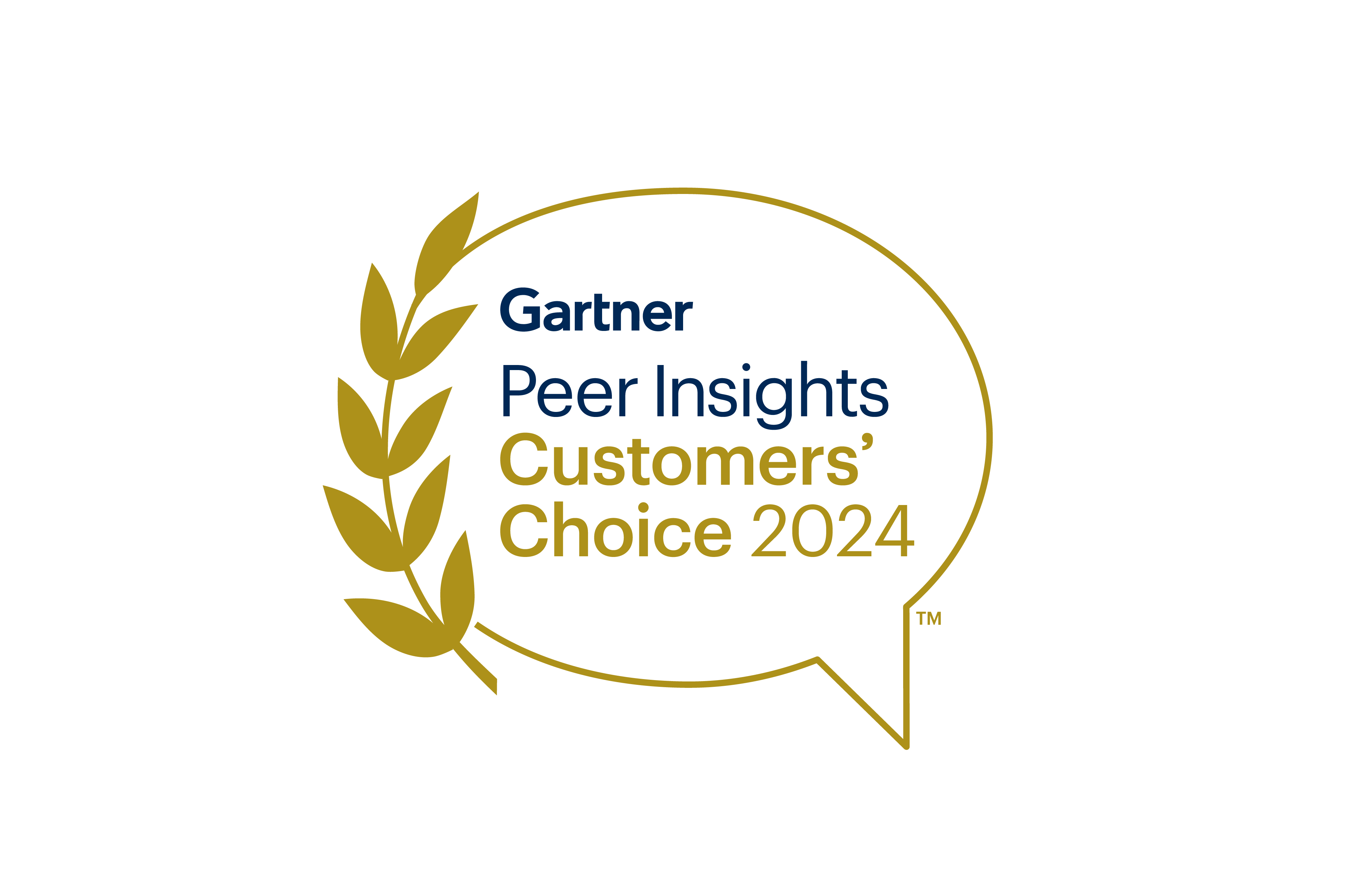Organizations spend lot of time designing the employee onboarding experiences, however equally important if not more is designing a pleasurable employee exit experience. So, let us look at some important design elements of this critical organizational process.
Importance of Exit Management Process
If you are still wondering about the importance of designing a stellar employee exit management process, consider this.
- Gallup analytics proves that employees with positive exit experience are almost 3 times more likely to recommend their organization to others than those who have negative or neutral experiences
- Its research also shows that less than half of the exiting employees are satisfied with how their organizations handled the exit process
Positive exit experiences by employees are proven to help build your employer brand, your ability to hire top talent, internal team morale and even your reputation with customers. Your exit process is an important aspect of our organizational culture and should be given equal if not more importance over other HR processes.
Design Elements of Exit Management Process –
User Focused
Most exit processes focus on the needs of the organization more than the need of the employee during an exit process. Empathy is an important aspect in the design of exit process.
Daniel Pink in his best-selling book: Drive: The surprising Truth about what motivates us, talks about how financial rewards are not universally enticing. Hence even during an exit process and over reliance on just handling the financial part of the process well may not be enough.
Consider how you have a process for your existing customers and build on elements from the same in your employee exit management process. Checklists, clear responsibilities, open and honest communication would be some aspects you would want to build in the process.
Effective and Efficient Outcomes
Like any other process, even the employee exit management process would have many moving parts and stakeholders. Focus on designing a process which clearly defines each one’s role and provides visibility to the process owner, typically HR and employee.
The effective and efficient exit management process design should consider meeting two seemingly opposing objectives. Employees want the process to be simple and less taxing, while organizational stake holders want to ensure they have all the details checked. It is possible to meet these 2 warring objectives, if we stay empathetic to both.
In a digital environment, it’s easier to create UI and provide information which is relevant for each user. The digital process can provide necessary details to each stakeholder while providing an overview of the total process, status, and typical expected time for completion metrics for employee.
Clear Accountability
Often with multiple stakeholders involved, employees do not know who to go for a resolution. Many organizations even today rely on a paper-pencil process, in which the onus to get the No Objection certification (NOC) from various internal stakeholders is on the employee.
It is not uncommon to see an employee running around office with a piece of paper to get necessary NOC’s from various internal departments on his or her last working day.
Digital employee exit management processes help you fix this by defining clear accountabilities and creating visibility in expected and actual time taken to complete the tasks. User level access-based reports and dashboards can ensure delays, if any, are highlighted upfront to avoid last minute challenges in providing necessary clearances to the employee.
Conclusion
Exit management process is one of the most critical components. Considering its impact on existing and future employees, it’s prudent for companies to design the entire experience effectively and efficiently. A modern HRMS software can ease the process for an organisation.
Consciously designed employee exit processes will look to automate the routine tasks, while ensuring employees get a personalized experience. Digital exit management process helps save time, resources and builds a positive employee experience while providing actionable insights.
With PeopleStrong, serving over 350+ enterprise customers & helping bring ease for 1 Million users, we often pay very close attention to how our products can benefit our customers. Our implementation journeys are rigorous and usually involve multiple rounds of UATs.












